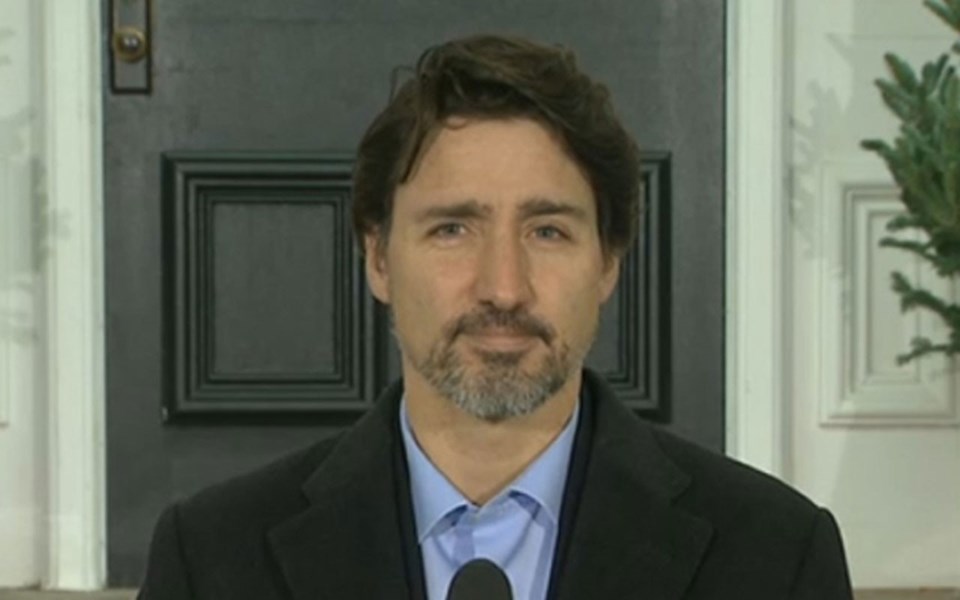Canadian Prime Minister Justin Trudeau on May 9 listed a series of spending initiatives that he announced earlier this week and are aimed at fighting the COVID-19 pandemic.
His Saturday morning press conference came a day after jobs data revealed that about two million Canadians lost their jobs in April, while a further million lost their jobs in March. The result of those job losses is a 13 per cent unemployment rate.
Trudeau said that his government is concluding an agreement with the provinces and territories to increase wages for essential workers. It is also providing more money to the agricultural sector.
The federal government is budgeting for up to $3 billion to be spent across the country on workers who are making what Trudeau earlier this week said was "very low wages, while doing extraordinarily important work.” The provinces are expected to come up with $1 billion.
The government has provided $5 billion in lending capacity to the agricultural sector and provided a total investment of $510 million to support food security, Trudeau said May 9.
"To come out of this stronger than ever, we also have to think long term," he said. "We need to lay the groundwork now so our economy can come roaring back. That’s what we’re doing with measures like the Canada Emergency Business Account (CEBA) and the Canada Emergency Wage Subsidy."
More than 500,000 businesses have so far received a loan through the government's CEBA program. That $25 billion program provides interest-free loans up to $40,000 to small businesses and not-for-profit corporations, to help them cover their operating costs during a period where their revenues have been temporarily reduced, due to the economic impacts of the COVID-19 virus.
Trudeau stressed that when the economy starts to reopen, workers need to be kept safe or the risk of a second wave of infections becomes more likely.
"As we move forward to reopening, we need to make sure that workplaces are safe for Canadians and that we are arresting the spread of COVID-19 and preventing a second wave that could send us all back into confinement this summer, which we certainly do not want to be doing," he said.
Earlier this week B.C.'s provincial health officer Bonnie Henry also raised the specter of a second wave of infections.
"Maybe there won't be a second wave," she said.
"Every other pandemic in recorded history has had at least two waves. Whether the second wave will be more severe than the first, whether there will be a series of smaller waves, I don't know. I don't think anybody knows. There are a lot of theories around the world. What I do know is that we need to keep putting the pressure on this virus to make sure that it doesn't take off."
@GlenKorstrom




